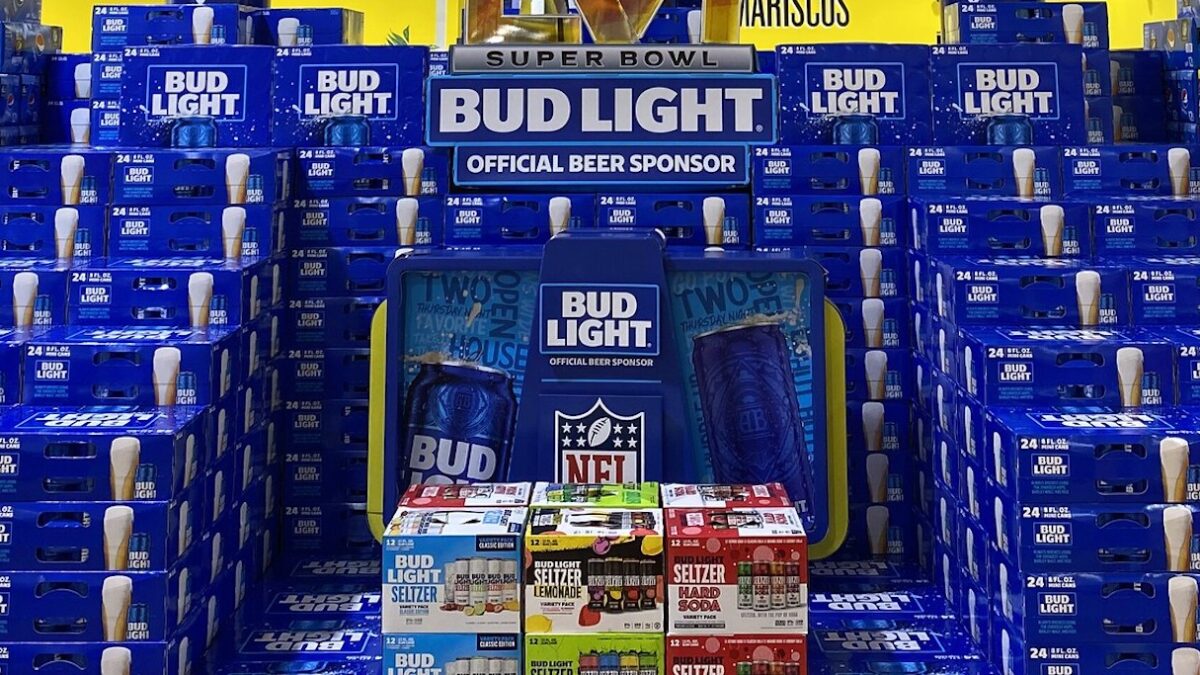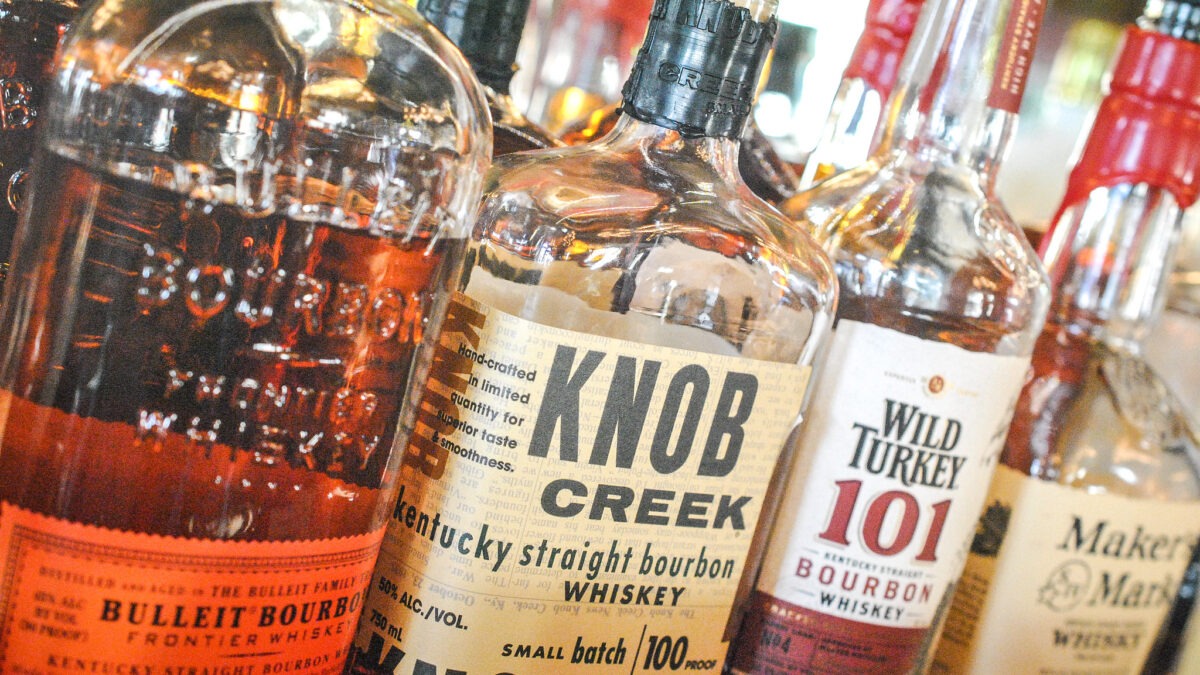
My college town’s favorite sandwich shop closed for good recently. I went to college in a small Michigan town, where there isn’t much by way of tasty food (not that I had lots of pocket money for eating out in college anyway). The professors gripe about having to drive nearly two hours to Ann Arbor if they want to taste anything unusual or world-class. There’s no comparison to DC, where I went after college, and where it seems like you can almost stop anywhere and get something good.
Except that little Oakley’s still rates up there as having served some of the best sandwiches I’ve ever eaten. The owner—a stickler about quality and serving customers—had employees slice all their meats, cheese, and vegetables by hand, fresh each day. The bread was fresh, crusty, and flavorful, and the dressings prepared by hand. Oakley was one of those small-town places where employees not only knew your name and greeted you when the jingley doorbell announced your presence, they probably lived a few doors down, too.
I’ll quote here at length from Macaela Bennett’s reporting in the campus newspaper, because it shows what it’s like to be a small-business owner in today’s America.
After owning Oakley for eight of its 13 years, Sid Halley credited a combination of factors for the popular sandwich shop’s closing: a decrease in business, increase in costs of materials, like meats and cheeses, and the state’s increasing minimum wage.
‘We’ve been running at a loss for at least the last six months, so from the business standpoint, we had to close down while the hole was still one we could actually get out of,’ he said.
Halley said other Michigan small businesses have experienced similar issues.
‘You see in all the political ads lately that Michigan is the Comeback State,’ Halley said, ‘but I don’t know where they’re looking to be able to say that, because it’s not here…People just don’t have extra money to spend.’
Between the cost of meats, like ham, nearly doubling in the last eight years, a significant drop in business this summer and fall, and the deteriorating condition of the building, Halley said closing was his only option.
‘The prices keep increasing, and I don’t see them coming down anytime soon,’ he said.
Dear Government: What Economic Recovery?
There’s a lot of hot politics to talk about here, such as the airheaded minimum-wage discussion. Increase the minimum wage and maybe minimum-wage workers will gain hypothetical numbers but lose real jobs like those making sandwiches at Oakley. As a mom with growing kids who need lots of protein, I’ve also felt the meat pinch. Since I know lots of the price increase is due to government slimming my wallet further to subsidize ethanol, which drives up meat prices because animals eat corn, I’m right there with Sid.
Yeah, the unemployment rate might be inching down, but people aren’t eating out so much or buying as much meat. In other words, we don’t have access to the little things that make us cheerful, the small marks of economic comfort like a meal out or meat at an affordable price. If you have sons, a husband, or have been pregnant, you know the deep satisfaction a nice savory bite of meat can bring. Those bites are getting smaller, fewer, and less tasty (corn-marbled beef tastes better, in my farmgirl opinion, than entirely grass-fed).
At the grocery store last week, ground beef was $2.99 a pound. That’s rare around here, although three years ago in DC, a far more expensive grocery market, $2.49 was my stock-up price. The line for the $2.99 chuck snaked almost out the door. People were getting huffy about having to wait for two revolutions of store workers bearing carts laden with the cheap meat, and I had to keep my kids from ramming each other with their mini shopping carts because of the wait. “Economic recovery” don’t feel so great to normal folks. We feel pinched and nervous. In the words of J.R.R. Tolkien, “like butter scraped over too much bread.”
Government even gets in the way of we hoi polloi trying one of the other ways to make ourselves feel happy. A few years into owning the shop, Sid got a license to sell liquor, and from then on also stocked really delicious beers. Not college kid crap like Natty Lite—real, flavorful, grown-up alcohol, the kind you sip and savor instead of slug. But it was illegal for guests to buy a beer and sit down with their sandwich to take a drink. If you bought a beer at Oakley, you had to leave before drinking it, because Sid only could sell it. He couldn’t serve it.
Now, almost any man who has worked a good, hard, summer’s day in his life can also tell you the satisfaction he gets from slurping down a nice cold beer with his lunch or dinner at the end of it. But bureaucrats care far more about their fantasies of population management and their own income than whether you are allowed to enjoy your own life. Sid couldn’t afford a license to serve liquor, and even if he could afford it, there wasn’t one available. Those were reserved for the high bidders lucky enough to strike after a store with a license went out of business (because in Michigan, and many other places, licenses to serve alcohol are restricted to a set number).
Drink A Lot, All At Once, Without Tasting It
Meddlesome laws don’t just get in the way of general good cheer and bounty. They also push people into self-destruction. The United States’ patchwork of alcohol laws, ostensibly designed for safety, instead push people to drink like idiots, endangering themselves and others.
Just take the drinking age. We’ve all heard the World War II complaint that young men could be drafted to die for their country at age 18 yet not allowed to shake off a bit with a cold one until age 21. But several European friends have complained to me about how, not just Puritanical, but also stupid America’s drinking age limit is. In Europe, children learn how to handle drinking by watching their parents and other adults drink at home and about. They can sip a little watered-down wine at middle-school age for special occasions, and so forth, and gradually accustom their tastes and their ability to gauge their wooziness so that they slowly learn to control themselves, all while under the care and watch of their family.
Giving kids a steady “on-ramp” to adult drinking habits also takes away alcohol’s “forbidden fruit” feel. When it’s against the law for 16-year-olds to drink, they are far more likely to both to drink and to binge drink, and partly from a desire to look devil-may-care. It’s the difference between teaching a child to swim and just throwing him into the deep end and letting him fend for himself.
Bad laws don’t just push kids to drink like idiots. They also push adults to do the same. Consider if anyone, like Sid, could get a license to serve liquor, just for a small filing fee. It would democratize drinking. It would mean that many more establishments would serve alcohol, and not just many in number, but many in kind. It would increase the variety of drinking experiences. When government unnaturally restricts the number of alcohol-serving establishments, those that do pay the far higher price for this privilege now face economic pressure to make that “investment” in bureaucrat pocket-lining pay off. So the fewer places that serve alcohol will be more alcohol-focused. More weekend crunk party places and fewer little dining establishments that establish a more mature and responsible atmosphere.
One of the worst things about big government is that it is abortive, in far more than the admittedly despicable baby-killing sense. We often never know what we’re missing, because so many opportunities, ideas, relationships are dead before they ever lived. Big government cloaks itself in emptiness. At least, in this instance, everyone who has been to Oakley, shaken Sid’s rather fearsome hand, and eaten one of the truly amazing sandwiches those hands have made, can feel the loss. Future young men in that town looking for a low-key yet high-quality place to take a young lady for first date that leads to a quiet walk by the lake—they’ll feel the loss, too. And who knows where all those first dates could have led.









